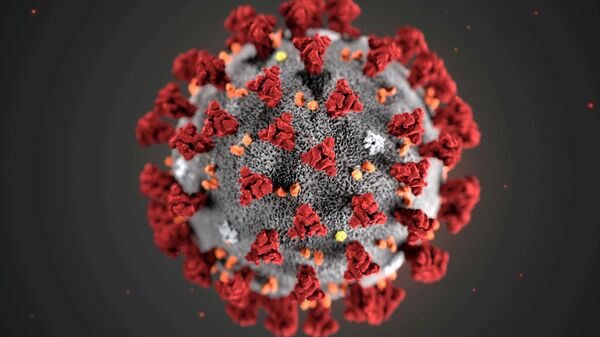In a June 10 news release, the company’s Vice Chairman of the Executive Committee and Chief Scientific Officer Paul Stoffels wrote, “Based on the strength of the preclinical data we have seen so far and interactions with the regulatory authorities, we have been able to further accelerate the clinical development of our investigational SARS-CoV-2 vaccine, Ad26.COV2-S, recombinant.”
“Simultaneously, we are continuing our efforts to build important global partnerships and invest in our vaccine production technology and manufacturing capabilities. Our goal is to ensure we can deliver a vaccine to the world and protect people everywhere from this pandemic,” he added.
The human trials in July will be randomized, double-blind and placebo-controlled and will test the drug’s safety, reactogenicity (or ability to produce common adverse reactions like fever or soreness at the injection site) and immunogenicity (or ability to induce an immune system response). The study, which will take place in both the US and Belgium, will involve 1,045 adults between the ages 18 and 55, as well as adults aged 65 years and older.
Johnson & Johnson is also currently discussing starting phase three trials of the vaccine ahead of schedule with the US National Institute of Allergy and Infectious Diseases.
“As the Company progresses the clinical development of its investigational SARS-CoV-2 vaccine, Ad26.COV2-S, recombinant, it continues to increase manufacturing capacity and is in active discussions with global partners to ensure worldwide access,” the company wrote, also noting that it plans on “supplying more than one billion doses globally through the course of 2021, provided the vaccine is safe and effective.”
US biotechnology company Moderna is at the forefront of developing a COVID-19 vaccine.
Moderna on Monday confirmed to Bloomberg that it is on schedule to begin the final-stage clinical trials of its vaccine by July. The company was the first to begin human trials of a potential vaccine in the US. Moderna’s final-stage trial of its mRNA vaccine will involve 30,000 people and will be completed in cooperation with the US National Institute of Allergy and Infectious Diseases.
Messenger RNA, or mRNA, is the set of instructions used by cells to make proteins, and mRNA vaccines are a relatively new type of treatment that work by providing instructions to healthy cells to generate antibodies for a certain virus or bacterium. Conventional vaccines, on the other hand, introduce a weakened or dead virus or bacterium into the body. This induces an immune system response, allowing the body to recognize and fight the pathogen in the future.

